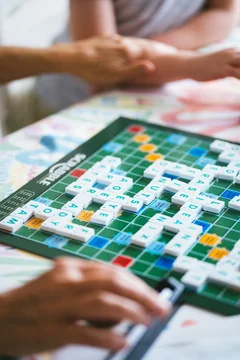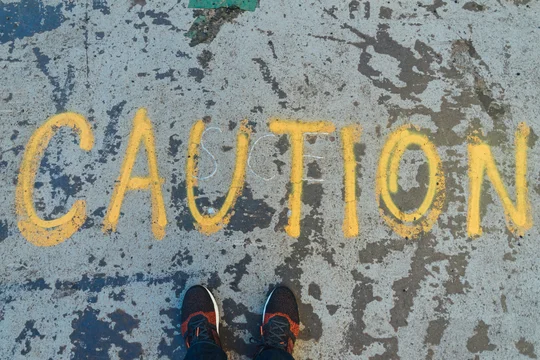
We've written before about how the Court sometimes sets up escalating obstacles for parties who are insensitive to the Court's time and bring too many discovery disputes. In that case, the Court gave the parties "homework" (writing letters to the Court) after their seventh discovery dispute.
In Apple Inc. v. Masimo Corporation, C.A. No. 22-1377-MN-JLH (D. Del.), the Court referred all pre-trial matters up until dispositive motions to Magistrate Judge Hall.
Judge Hall took action after the parties brought what looks like seven discovery disputes. The docket shows the Court's escalating response to the parties disputes:
- June 1 - First teleconference
- June 16 - Second teleconference
- July 7 - First in-person hearing
- July 14 - Second in-person hearing
- August 3 - Third in-person hearing
- September 1 - Fourth in-person hearing; Court warns that future disputes will be charged to trial time
- September 14 - Fifth in-person hearing; Court charges the parties' trial time
Guessing from the docket, it looks like the parties brought a number of rapid-fire discovery disputes starting on June 1. For the third dispute in about a month, the Court increased the friction on the parties by forcing them to come to Delaware to argue the disputes.
That doesn't seem to have slowed them down at all. After three in-person disputes in a month and a half, the Court ordered that future disputes would be charged to trial time.
Sure enough, the parties filed multiple additional discovery dispute letters shortly thereafter. The Court responded by holding another in-person hearing and, sure enough, issuing an oral order charging the parties' trial time:
ORAL ORDER: The pending discovery disputes (No. 22-1377, D.I. 242, 276, 278, 280; No. 22-1378, D.I. 261, 298, 300, 302) are GRANTED-IN-PART and DENIED-IN-PART, as stated during the hearing today. The Court previously advised the parties that further time arguing discovery disputes would be charged against the parties' trial time. The disputes argued today shall be charged as follows: 20 minutes to Apple; 14 minutes to Masimo.
Id., D.I. 327.
Will it work?
It will be interesting to see how much this deters the parties from bringing disputes.
Based on the docket, it looks like no date or trial time is yet set. But if this is a typical case, the parties will probably not get more than about 5 days for trial, and perhaps around 12 hours each of trial time.
If those numbers are in the right ballpark, each party is probably only losing about 2.5% of their total trial time for each additional dispute.
Of course, in a contentious case, trial time is precious. Something tells me this case might be contentious. I'm not sure that the parties are going to want to watch their trial time evaporate as they bring disputes. We'll have to wait and see.
If you enjoyed this post, consider subscribing to receive free e-mail updates about new posts.






